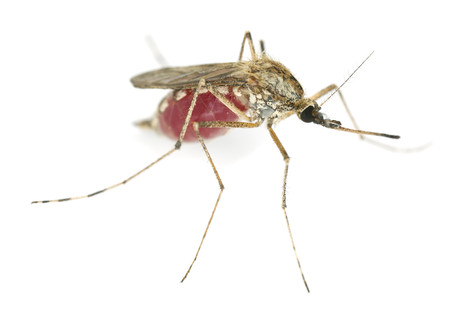Infecting mozzies with dengue-suppressing bacteria

Australian researchers have taken part in a study seeking to spread the bacteria Wolbachia, which reduces the capacity of insects to transmit viruses, in urban mosquito populations. The goal of the study, published in PLOS Biology, is to control dengue fever, a mosquito-borne viral disease that is increasing at high rates in tropical and subtropical countries.
Dengue-suppression efforts have so far focused on mosquito control, but now the Eliminate Dengue program is looking to infect the creatures with Wolbachia instead. The study authors explained, “In insects that act as viral vectors, Wolbachia can suppress virus transmission to new hosts.”
The researchers released adult Aedes aegypti mosquitoes infected with Wolbachia bacteria in three areas adjacent to suitable mosquito habitat in Cairns — two of which were relatively large (about 1 km2 and 0.5 km2, respectively), while the third was smaller (about 0.1 km2). The sites received more than 130,000, 286,000 and 35,000 Wolbachia-infected mosquitoes, respectively, with the researchers tracking the spread of Wolbachia through mosquito populations over two years by trapping and testing them for the bacteria.
The team found that Wolbachia-infected mosquitoes spread at about 100–200 m per year in the larger sites, though there was little evidence of such spread in the smaller area even after two years. This suggests that as long as the introduction sites are large enough, strategic releases can transform mosquito populations in cities. While slow, the spread in the larger sites was generally steady.
The researchers also found that spread could be impeded by barriers to mosquito movement, which could include roads, rivers and forests. This suggests that local barriers to mosquito dispersal should be taken into account when determining how many releases of Wolbachia-infected mosquitoes are required.
argenx and Monash University partner against autoimmune diseases
To advance a pioneering molecule for autoimmune diseases, global immunology company argenx has...
Archer completes potassium sensing alpha prototype
Quantum technology company Archer Materials Limited has developed an early Biochip prototype...
Farm animals and aquaculture cryopreservation partnership announced
Vitrafy Life Sciences Limited has announced that it has entered a 12-month exclusive agreement...



